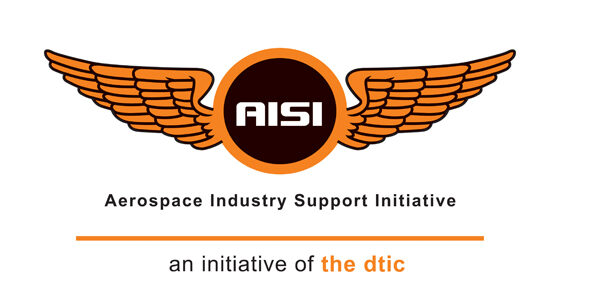Published by Engineering News
By: Jessica Oosthuizen, Creamer Media Reporter
Date: 31st August 2018

Photo by Bloomberg
TECHNOLOGICAL CAPABILITY The local aviation industry has to remain relevant in terms of technology
The Aeronautical Society of South Africa’s (AeSSA’s) yearly conference will take place at Hoogeind Manor, in Somerset West, on October 24 to 25 and is themed Aerospace for All.
The theme captures the increasing relevance of aeronautics and space to achieve outputs for economic and societal benefits now and into the future, says AeSSA president Marié Botha.
“We decided on the theme because we want to highlight what aeronautics can bring to South Africa, as well as our reliance on aerospace on a daily basis without realising it. This is something that the AeSSA wishes to bring to light on behalf of its diverse and multidisciplinary membership base.”
She notes that there is also a focus on changing the demographics of the aerospace industry by encouraging more women to join the industry. More women are entering the industry already but the AeSSA continues to focus on continually improving the science, technology, engineering and mathematics base specifically for women.
The AeSSA strongly supports women in all fields of the aerospace industry and actively encourages participation and further development, Botha highlights.
Moreover, AeSSA VP Danie Loots believes that this year’s conference and theme signals a crucially relevant aspect: “South Africa has a small aerospace industry with few players, who ideally should become more collaborative, because currently the industry is somewhat fragmented”.
Although there are a few large companies, such as State-owned aerospace and military technology conglomerate Denel, and aeronautical engineering and manufacturing company Aerosud, there are also a host of smaller companies such as glider manufacturer Jonker Sailplanes, and aerospace design and manufacturing company DeltaV Aerospace.
Each company has something to offer, with some successes in the industry, but the local industry would benefit from these companies working together closely to assist with industry growth, Loots emphasises.
“What would really benefit the industry is a national flagship programme that could potentially help these companies grow into a prospering industry,” he advances.
Botha comments that the industry further needs government to be the anchor client of such a product platform.
Moreover, Loots posts that the AeSSA, as a volunteer organisation of people who are passionate about developing the industry, forms a good platform for creating this collaboration. The society and yearly conference also enable people to talk about the possibilities of collaborating and learn from each other, he adds.
Botha highlights that the society also brings in multidisciplinary approaches and different sets of skills, not just engineering, for example. Loots adds that the society creates awareness in the general public with its outreach efforts involving students and schoolchildren.
He further notes that the industry should
collaborate on a flagship programme to develop quality on par with international standards. “However, the local industry cannot compete with low-cost industries – it is difficult for South Africa to be competitive on labour and material.”
He says South Africa must compete on a different level, for example, technological capability, adding that the country produces high levels of engineering skill. Botha reiterates this, stating that the local industry has to remain relevant in terms of technology development and manufacturing processes.
“Further, it is crucial for the industry to work very closely together to ensure that the research being undertaken is relevant to the industry and the user,” she notes.
Loots emphasises that the industry has to develop at the same rate as the rest of the world in terms of trends, such as automation and artificial intelligence, as well as new ways of design and manufacturing processes that enable a more efficient, cost effective and internationally competitive local industry.
If South Africa does not develop at the same rate, the industry may soon find itself irrelevant, he concludes.
